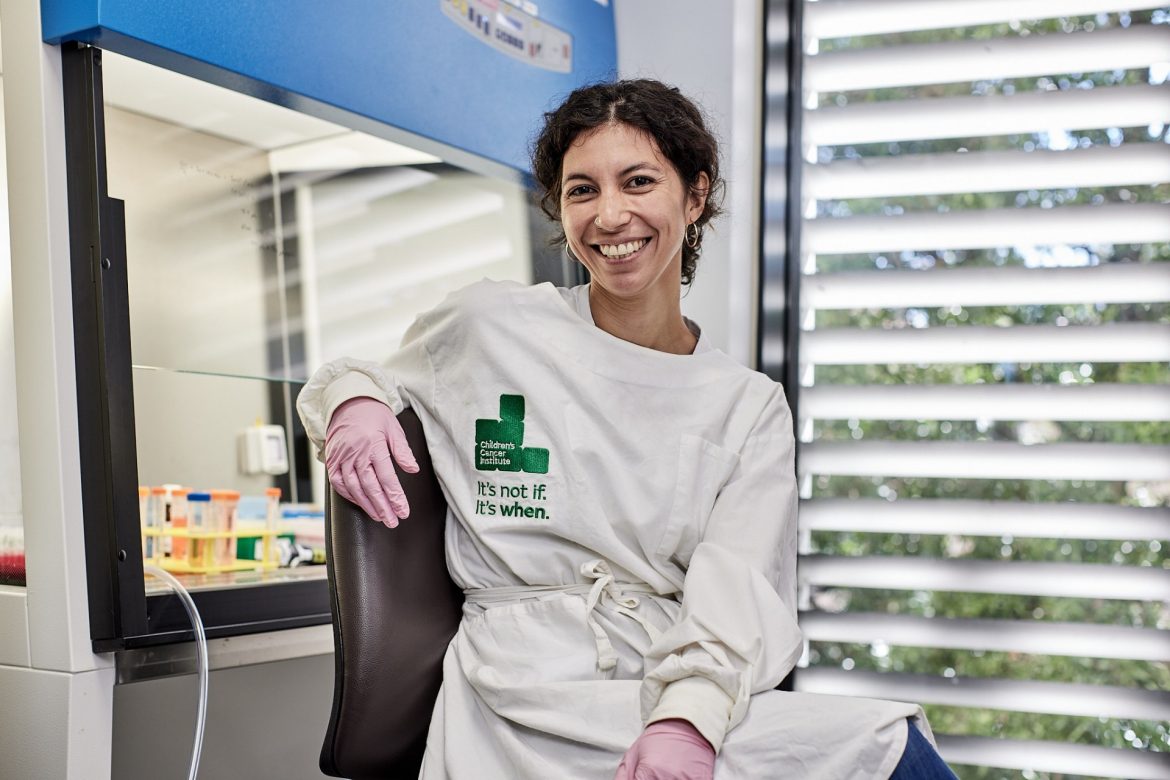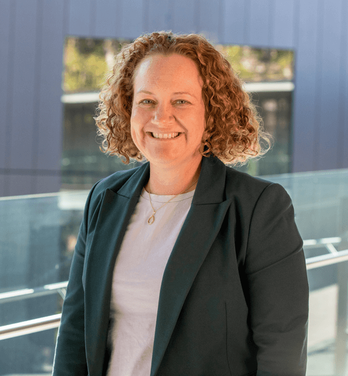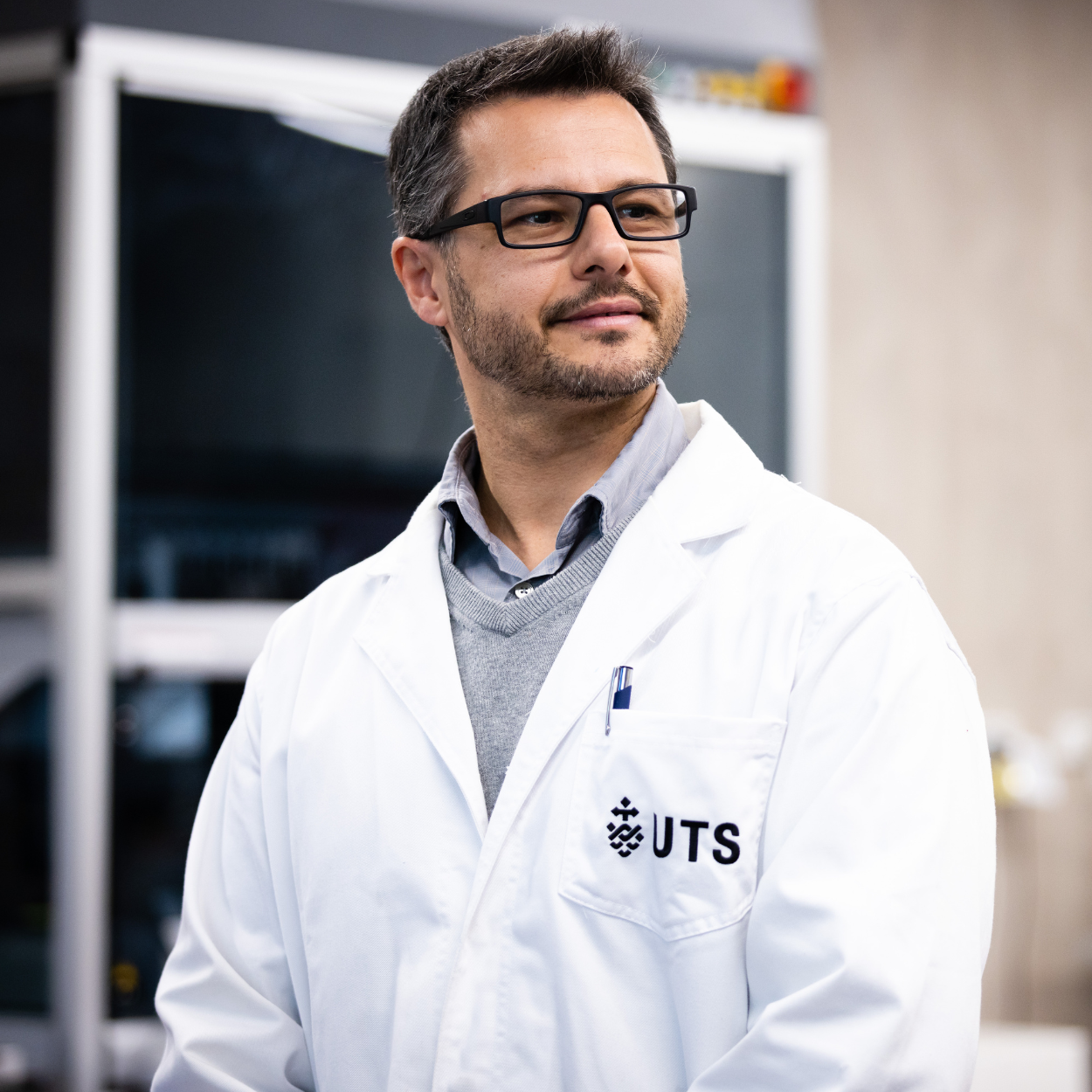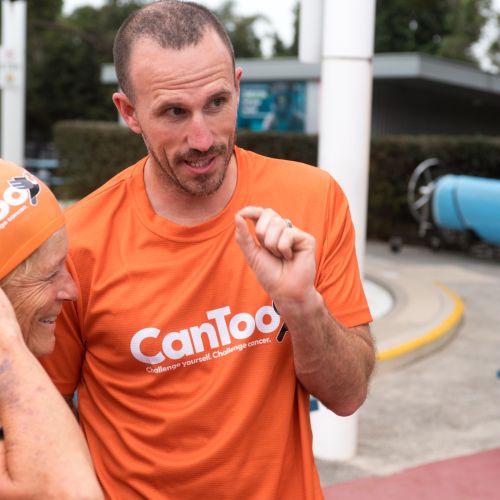
A direct link between poor sleep and higher risk of cancer has not been proven by research. The research does indicate however, that insufficient sleep contributes to weight gain, which is a cancer risk factor. It seems sleep deprived people seek high carbohydrate foods, have larger appetites and make poorer dietary choices. Poor sleep quality and/or duration is also related to increased incidence of depression in adults and poorer mental health across a person’s lifespan.
Here’s what we know:
- Night shift workers average two to three hours less sleep than other workers and are at greater risk of obesity, cardiovascular diseases and some cancers, particularly breast cancer in women and prostate cancer in men.
- Australian adults are only obtaining the minimum sleep recommendations (7–9 hours), particularly during the working week. Adolescents are not obtaining the recommended amount (8-10 hours) during the school week.
- Sleep helps us sort out memories and helps with tissue repair, cellular growth and immune system growth. People who get insufficient sleep or build up a chronic sleep debt tend to have challenges with weight as well as decreased cognitive performance and alertness, altered mood, and disorganised thinking. Lack of sleep has also been linked to a range of physical problems, such as heart disease, high blood pressure, diabetes and even premature death.
Remember:
- Sleep onset is not something we can control. We can only create the right conditions for sleep – both in our minds and in our environment.
- Melatonin is a sleep promoting hormone. Darkness promotes its production in the body, so avoid bright lights and backlit devices before bed.
- Multiple studies have found that regular exercise has a powerful positive effect on sleep quality.
- Drinking alcohol before bed can interrupt your circadian rhythm. While you may fall asleep more quickly, you’re more likely to snore, use the bathroom and get less REM sleep.
- If you’re not sleeping well, you can try a range of tips and techniques.
Read more about Can Too’s investment in prostate and breast cancers.









